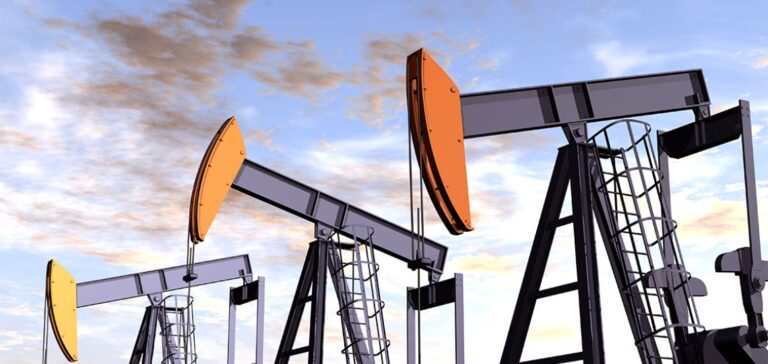The Trump administration has announced a significant shift in U.S. energy policy, clearly favoring fossil fuels over the climate measures implemented under the previous administration. Speaking in Houston at a major energy-sector event, Chris Wright, U.S. Secretary of Energy and founder of Liberty Energy, outlined the government’s new priorities, highlighting that boosting liquefied natural gas (LNG) and oil production will now form the cornerstone of U.S. energy policy. These announcements mark a significant policy reversal, deepening uncertainty in an industry already accustomed to frequent regulatory shifts.
Strengthened investments in LNG
The natural gas sector stands out as the primary immediate beneficiary of this strategic shift, notably with the confirmed expansion of the LNG terminal at Plaquemines, Louisiana, operated by Venture Global, involving an additional investment of $18 billion. The stated objective is to significantly enhance America’s LNG export capacity to meet growing global demand. Despite this positive market signal, certain industry representatives remain cautious, emphasizing that long-term energy investments require stable and predictable regulatory frameworks.
Chevron CEO Mike Wirth emphasized that dramatic policy swings could hinder infrastructure projects, whose returns typically span several decades. He noted that energy sector investments involve significant financial commitments over extended periods, making regulatory stability critical. Several industry participants attending the conference echoed similar concerns, indicating potential impacts on future investment decisions due to perceived regulatory uncertainty.
Concerns about new tariff measures
Meanwhile, recent tariff policy changes initiated by President Trump have drawn close attention within the energy industry. The sector, heavily dependent on steel and aluminum imports for critical infrastructure projects, faces potential cost increases linked to the implementation of new tariffs. Industry leaders fear that these rising costs could negatively affect project profitability and international competitiveness. Such economic uncertainty further complicates investment decisions in an already complex energy landscape.
Responding to these concerns, Chris Wright stated that the administration seeks a balance favorable to the U.S. economy. He also indicated the partial retention of existing renewable energy subsidies could be considered, particularly for technologies regarded as essential for national energy security. The industry awaits definitive policy decisions from the administration, which will determine the new economic conditions to which energy firms must adapt.






















